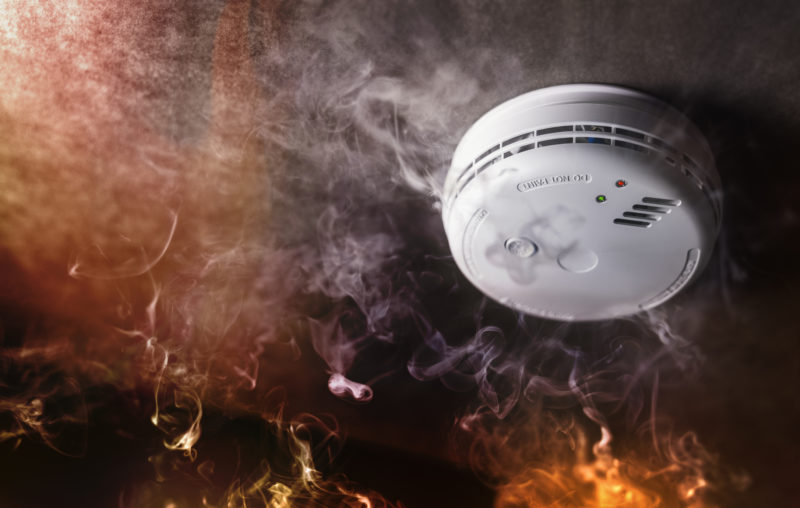Winter home heating safety reminders
Along with winter weather and lower temperatures comes an increased risk for fire and carbon monoxide incidents in our homes. Below are a few important reminders to keep your household safe and warm during the winter months.
Heating fires
According to the Federal Emergency Management Agency (FEMA), one out of every seven fires each year involves heating equipment and half of all home heating fires in the United States occur in the months of December, January and February. Here are a few important safety reminders when heating your home this winter:
- Have a qualified professional clean and inspect your chimney and/or heating vents every year.
- Keep anything that can burn at least three feet away from heat sources like fireplaces, radiators or space heaters.
- Plug only one heat-producing appliance into an electrical wall outlet at one time. Never use an extension cord with a heat-producing appliance.
Carbon monoxide poisoning
Carbon monoxide (CO) is an odorless and colorless gas that is created when fuels do not burn completely. Breathing in too much CO can result in CO poisoning in humans and pets. The most common symptoms of CO poisoning are headache, dizziness, weakness, upset stomach, vomiting, chest pain and confusion. Breathing in CO can also result in loss of consciousness or even death. People who are sleeping can die from CO poisoning before they show any symptoms.
Fuel-burning heating and cooking equipment are the most common sources of CO in homes and carbon monoxide incidents are more common during the winter months. Prevent CO poisoning in your household this winter by:
- Having your heating system, water heater and any other fuel burning appliances serviced by a qualified professional each year.
- Never using a gas range or oven to heat your home.
- Never run your car or truck inside a garage that is attached to a house, even with the garage door open.
- Installing a battery-operated CO detector in your home. Check or replace the detector’s battery twice per year (when you change your clocks for Daylight Saving Time). Place the detector in a spot where it will wake you up, such as outside your bedroom.
Alarms and detectors
Philadelphia homeowners can request smoke alarms by dialing 3-1-1. You should have one alarm on each floor, including the basement. If you live in an apartment building, or are renting your home, your landlord is required to provide smoke alarms on every level of the home.
In addition, PCA’s Senior Housing Assistance and Repair Program (SHARP) helps older adults remain safely in their home through assessments, modifications and repairs. All homes are carefully inspected for safety and accessibility, which includes the installation of smoke alarms and carbon monoxide detectors. To learn more about SHARP, call PCA’s Helpline at 215-765-9040.
Source: Federal Emergency Management Agency; Centers for Disease Control and Prevention




